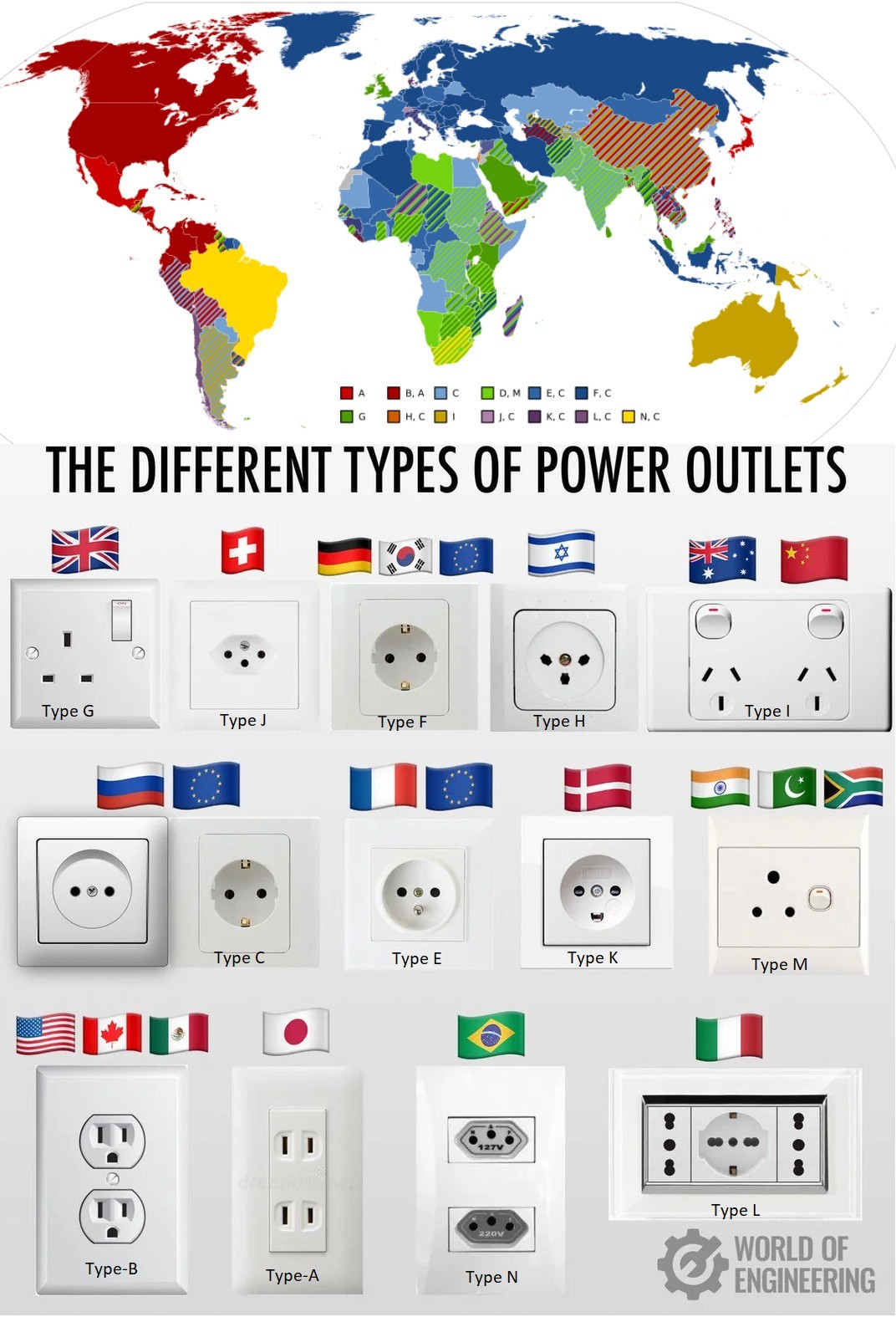Ask Lemmy
A Fediverse community for open-ended, thought provoking questions
Rules: (interactive)
1) Be nice and; have fun
Doxxing, trolling, sealioning, racism, and toxicity are not welcomed in AskLemmy. Remember what your mother said: if you can't say something nice, don't say anything at all. In addition, the site-wide Lemmy.world terms of service also apply here. Please familiarize yourself with them
2) All posts must end with a '?'
This is sort of like Jeopardy. Please phrase all post titles in the form of a proper question ending with ?
3) No spam
Please do not flood the community with nonsense. Actual suspected spammers will be banned on site. No astroturfing.
4) NSFW is okay, within reason
Just remember to tag posts with either a content warning or a [NSFW] tag. Overtly sexual posts are not allowed, please direct them to either !asklemmyafterdark@lemmy.world or !asklemmynsfw@lemmynsfw.com.
NSFW comments should be restricted to posts tagged [NSFW].
5) This is not a support community.
It is not a place for 'how do I?', type questions.
If you have any questions regarding the site itself or would like to report a community, please direct them to Lemmy.world Support or email info@lemmy.world. For other questions check our partnered communities list, or use the search function.
6) No US Politics.
Please don't post about current US Politics. If you need to do this, try !politicaldiscussion@lemmy.world or !askusa@discuss.online
Reminder: The terms of service apply here too.
Partnered Communities:
Logo design credit goes to: tubbadu
view the rest of the comments


For safety, the BS1363 (UK, type G) is by far the best.
It's fused. (Seriously why the hell aren't all plugs fused!)
Live and neutral can't be reversed.
Holes are gated (so no kids sticking spoons in).
High capacity, 240V at 13A gives 3kW of power.
It's only real downside is its size.
Fusing plugs is completely unnecessary. The only reason this is done in the UK is because of old janky circuits only used in the UK.
So still necessary in the UK
Wrong, it's fused because in the UK they have 32A 240V circuits, a fuse is important when dealing with that much current. In Australia we only have 16A 240V circuits as standard so there is no need for a fuse.
They have fuses because of their ring circuits from after WW2. You're the one who's wrong.
Type E/F carries 16A/230V, and nowadays there are shutters included which only allow two pins to be inserted at once, not one but not the other. There's no standard as of which pin should be L1 and neutral anyway, nor it should matter, and fuses in british plugs are to accommodate ring circuits, which were introduced as a result of copper shortages (ie decades of tech debt)
Type B also does this now with the shutters.
G is held in place only by the pins, isn't it? It'd be safer if it was nestled like Type F
Using fuses on outlets is fake security. You can put two 10A devices on a circuit, and the fuses won't help. What's important is that you have fuses for each line.
All socket holes here are gated, too (Type F), but I have to admit there are grandfathered ones without gates in older installations. And we have 16A @ 240V.
I have to admit that the idea of switches in each outlet is in principle a good one, but it makes the outlet way larger than other types, and adds extra complications that can break (yes, I had to fight with one like this in the UK).
The fuses aren't to protect the circuit, they protect the end and intermediate devices. The breakers protect the actual circuit.
E.g. you've got a thin flex for a low power lamp. You don't have to worry about a short allowing 40A to flow down a 2A cable.
How many cheap import lamps do have an appropriate fuse?
And the short circuit 40A is better covered by a fast-acting breaker.
It's not inset meaning that an improperly plugged in plug becomes a hazard.
Not true, the pins are sleeved so if it is improperly plugged in, you still can't touch live parts.
bases of pins are insulated, like in type C/E/F